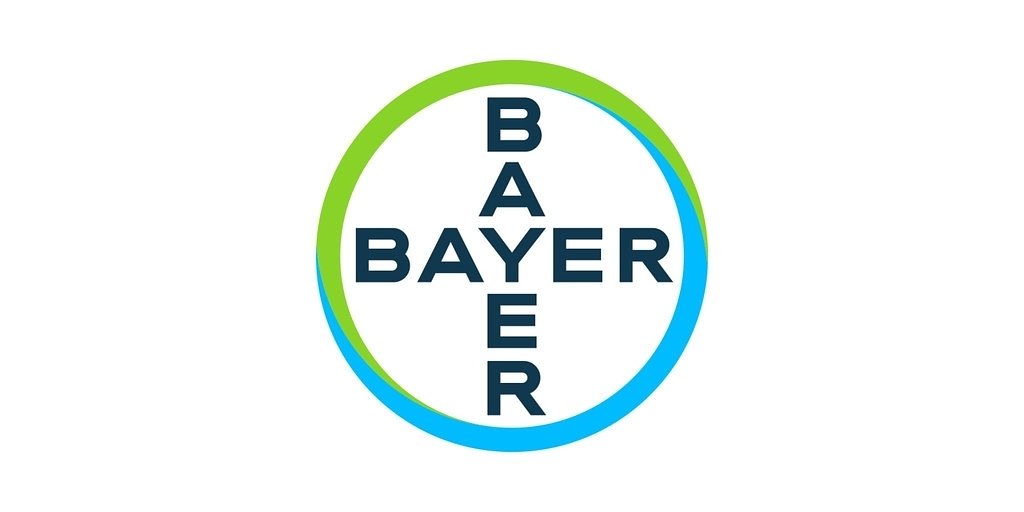
Precision Therapy Advances for Rare Lung Cancer Subtype Gain FDA Approval
Bayer’s sevabertinib receives accelerated FDA approval for HER2-mutated NSCLC, offering new hope for a previously underserved patient population. Experts discuss the drug's potential and the evolving landscape of targeted cancer therapies.
Precision Therapy Advances for Rare Lung Cancer Subtype Gain FDA Approval
NEW YORK, NY – November 20, 2025
A New Targeted Option for HER2-Mutated NSCLC
Bayer announced today that the Food and Drug Administration (FDA) has granted accelerated approval to HYRNUO (sevabertinib), a novel tyrosine kinase inhibitor (TKI), for adult patients with locally advanced or metastatic non-squamous non-small cell lung cancer (NSCLC) whose tumors harbor HER2 activating mutations and who have previously received systemic therapy. This approval marks a significant step forward in the treatment of this relatively rare, yet aggressive, subtype of lung cancer, offering a targeted therapy option where limited effective treatments previously existed. While the approval is based on promising initial data, a confirmatory trial is required to verify the drug’s long-term clinical benefit.
Understanding the Landscape of HER2-Mutated NSCLC
HER2 mutations are present in approximately 1-4% of all NSCLC cases, often associated with poorer prognoses and limited treatment options. This makes the development of targeted therapies, like sevabertinib, crucial. “For years, this patient population was largely overlooked,” explains one oncology expert. “Historically, these cancers were treated as standard NSCLC, often without the benefit of targeted approaches.” The emergence of HER2-targeted therapies, including antibody-drug conjugates like trastuzumab deruxtecan and now sevabertinib, is changing that paradigm.
The approval of sevabertinib is especially noteworthy as it represents an oral TKI, offering a potentially more convenient administration route for patients. Other approved therapies, like trastuzumab deruxtecan, are administered intravenously. The drug’s efficacy was demonstrated in the SOHO-01 trial, where it achieved an overall response rate of 71% in patients previously treated with systemic therapy. “The initial data is encouraging, particularly in patients with specific HER2 mutations, like those involving exon 20 insertions,” shares a key opinion leader in thoracic oncology. However, this expert adds a note of caution, emphasizing the importance of the confirmatory trial to solidify the drug's position in the treatment landscape.
Balancing Speed to Market with Long-Term Data
The FDA’s accelerated approval pathway, utilized in the case of sevabertinib, allows for the earlier availability of promising therapies for serious conditions with unmet medical needs. However, this pathway requires post-approval studies – in this instance, the ongoing SOHO-02 trial – to confirm clinical benefit. “The accelerated approval process is a double-edged sword,” explains a healthcare policy analyst. “It allows patients to access potentially life-saving therapies sooner, but it also places a greater emphasis on robust post-market surveillance and confirmatory trials.”
The SOHO-02 trial, a phase 3 randomized study comparing sevabertinib to standard of care in first-line settings, is designed to address these concerns. If the trial validates the initial findings, it will strengthen the drug’s position as a standard treatment option. If not, the FDA could potentially withdraw approval. The design of the confirmatory trial will be crucial in determining the long-term efficacy and safety of sevabertinib. A clear understanding of the drug’s benefit-risk profile is paramount.
Managing Potential Side Effects and Ensuring Patient Safety
Like all targeted therapies, sevabertinib is not without potential side effects. The SOHO-01 trial demonstrated that common adverse events included diarrhea, rash, and paronychia. A significant proportion of patients experienced grade 3 adverse events, highlighting the importance of careful monitoring and management. “Effective side effect management is critical for optimizing patient outcomes,” notes a leading oncology nurse. “Proactive interventions, such as anti-diarrheal medications and skin care regimens, can help mitigate the severity of these effects.”
Notably, the SOHO-01 trial did not report any instances of interstitial lung disease (ILD) linked to sevabertinib, a side effect observed with some other HER2-targeted therapies. While this is a positive finding, ongoing surveillance will be essential to fully characterize the drug’s safety profile. The need for vigilant monitoring extends to potential hepatotoxicity and other rare but serious adverse events. Patient education and close collaboration between healthcare professionals are essential components of a comprehensive safety strategy.
